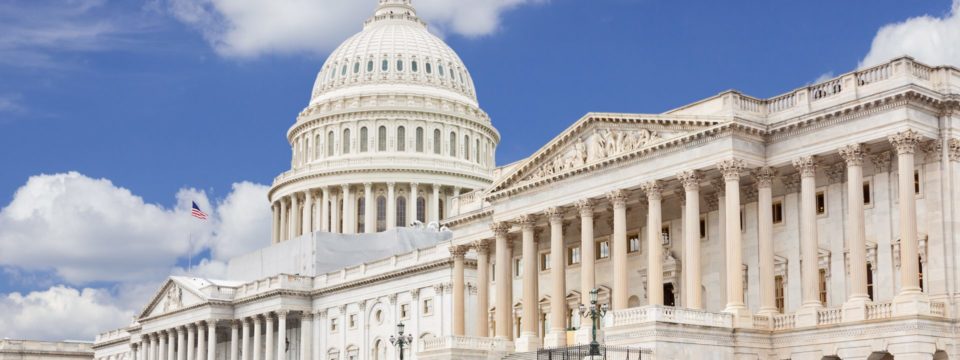Cannabis legislators are a persistent bunch as ranking member of the House Judiciary Committee Rep. Jerrold Nadler (D-NY), refiled the Marijuana Opportunity, Reinvestment and Expungement or MORE Act on Wednesday. So far there are 33 co-sponsors and they are all Democrats.
MORE Act 3.0
The previous versions of the MORE Act stated that states could create their own cannabis policies without federal interference. The MORE Act in previous versions would remove cannabis from the controlled substances list. It would also create a cannabis sales tax to fund various programs aimed at righting the wrongs from the failed war on drugs and the people hurt by it. It is expected that this MORE Act would also expunge cannabis convictions for nonviolent offenders and require courts to hold resentencing hearings for offenders who request them.
H.R. 5601 was filed on September 21, but as of the 22nd the text has not been received for the Congress.gov website. The bill received this description, “To decriminalize and deschedule cannabis, to provide for reinvestment in certain persons adversely impacted by the War on Drugs, to provide for expungement of certain cannabis offenses, and for other purposes.”
Marijuana Moment reported that “Tax revenue from cannabis sales would be placed in a new ‘Opportunity Trust Fund.’ Half of those tax dollars would support a “Community Reinvestment Grant Program” under the Justice Department, 10 percent would support substance misuse treatment programs, 40 percent would go to the federal Small Business Administration (SBA) to support implementation and a newly created equitable licensing grant program.”
The new MORE Act is coming at a time of heightened expectations for banking legislation to be passed. In the past, the MORE Act passed the House because it had Democratic control and this time around it’s the Republicans that are calling the shots. That makes the passage even harder. In addition to the Republican control, the Judiciary Committee is chaired by anti-cannabis Rep. Jim Jordan (R-OH).
More Cannabis Legislation
Still, the Republicans did advance legislation this week to prevent the denial of federal employment or security clearances based on a candidate’s past cannabis use.
In addition to that the cannabis banking legislation known as the SAFE Act got a new and improved name – the SAFER Act. The Secure and Fair Enforcement Regulation Banking Act is designed to protect banks and credit unions that work with cannabis companies in states where cannabis is legal by denying punishment for working with companies dealing with a federally illegal product.
This new version has the support of a broad group that includes the cannabis industry along with banking industry groups. It is scheduled for a markup in the Senate Committee on Banking, Housing, and Urban Affairs on Sept. 27. The bill is sponsored by Majority Leader Chuck Schumer, D-N.Y., and Sens. Jeff Merkley, D-Ore., Steve Daines, R-Mont., Kyrsten Sinema, I-Ariz., Cynthia Lummis, R-Wyo., Kevin Cramer, R-N.D., Cory Booker, D-N.J., Dan Sullivan, R-Alaska, and Bob Menendez, D-N.J.
“This legislation will help make our communities and small businesses safer by giving legal cannabis businesses access to traditional financial institutions, including bank accounts and small business loans, said the senators in a statement. “It also prevents federal bank regulators from ordering a bank or credit union to close an account based on reputational risk.”
Law360 reported that the new version brings in new rules that would bar banks from arbitrarily cutting off services to businesses for personal or political reasons, and states that banks must have “valid” reasons for terminating banking relationships — such as the customer posing a threat to national security. “A customer merely being a ‘reputational risk’ cannot be the decisive factor, according to the legislation.”
According to House.gov, “After hearings are completed, the bill is considered in a session that is popularly known as the “mark-up” session. Members of the committee study the viewpoints presented in detail. Amendments may be offered to the bill, and the committee members vote to accept or reject these changes.”
Once these deliberations are over a vote will be taken and the bill will either advance or stall. (Full Story)

